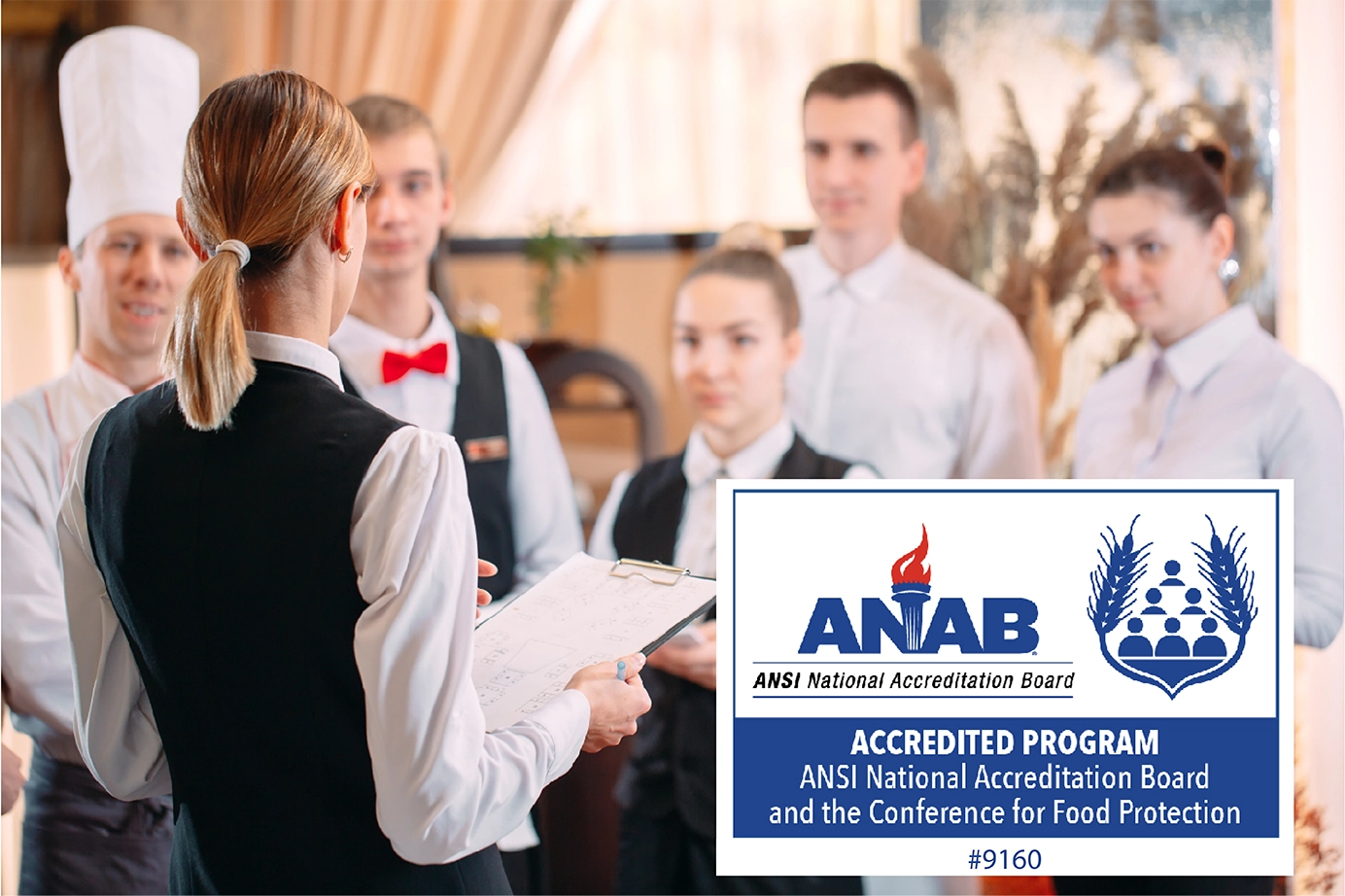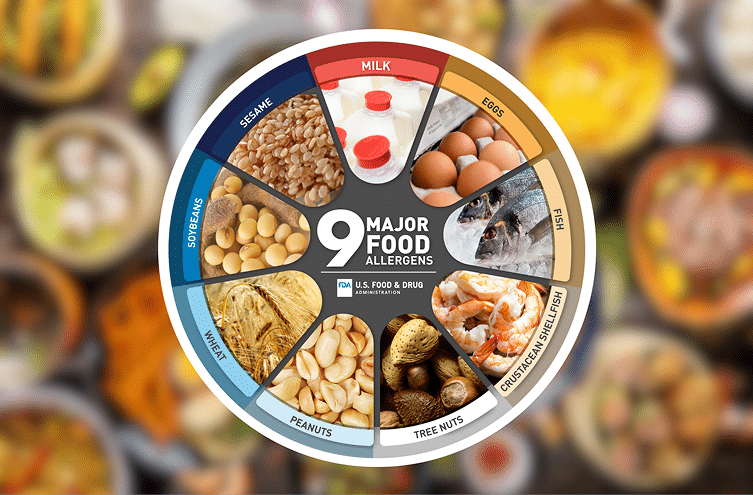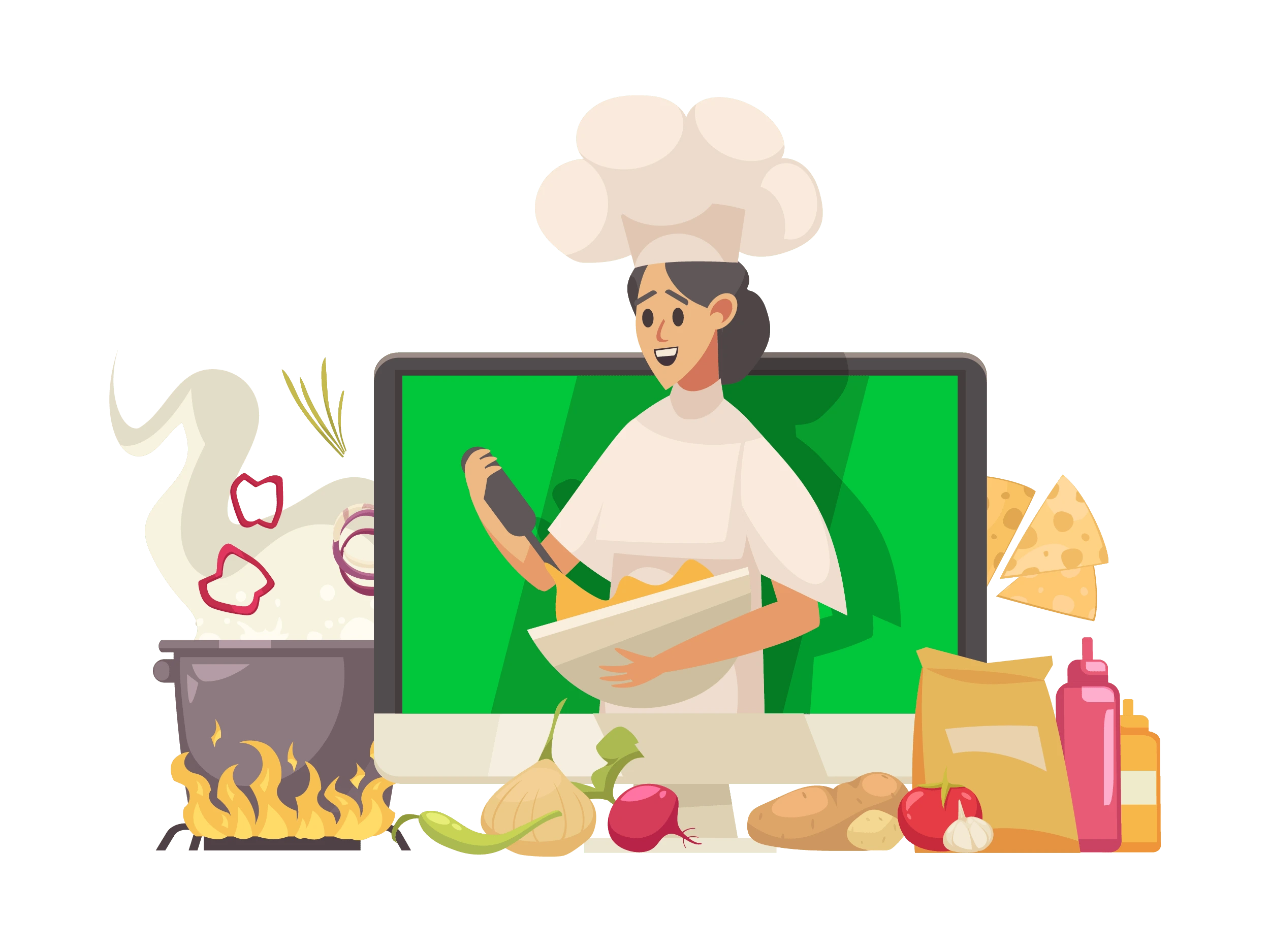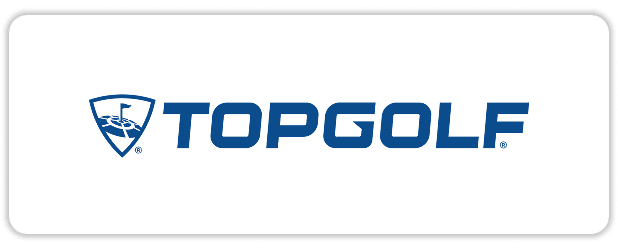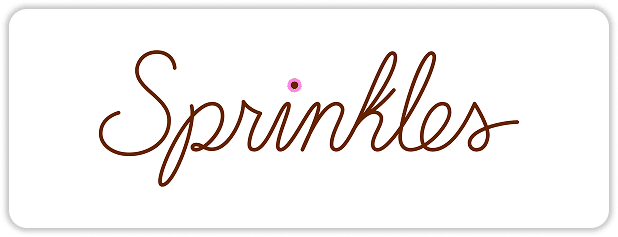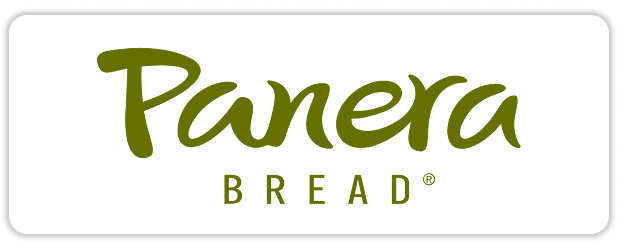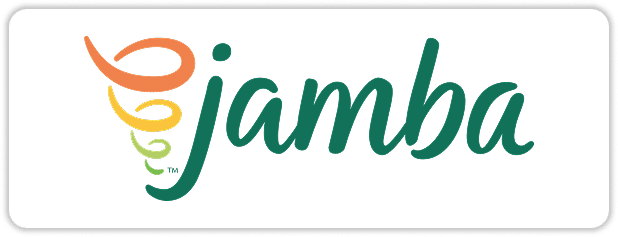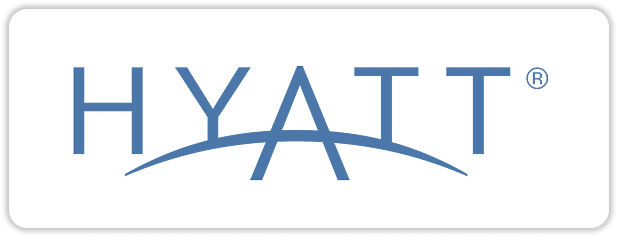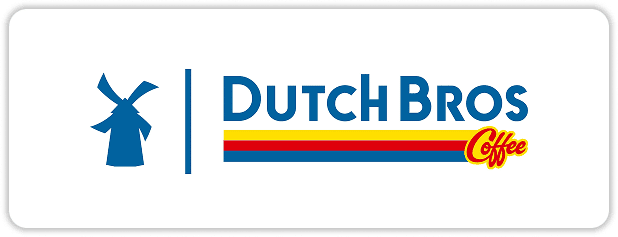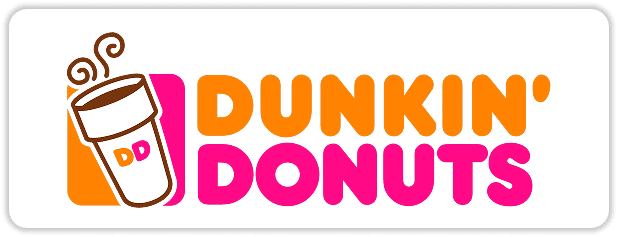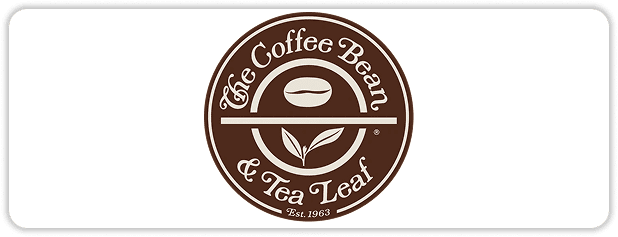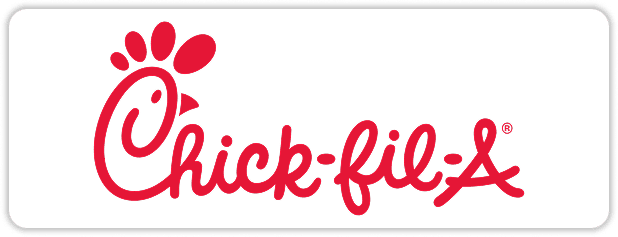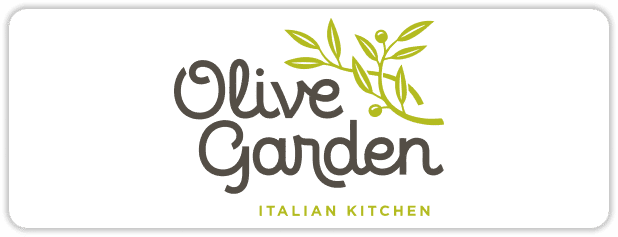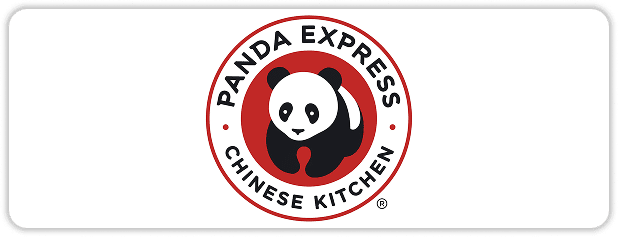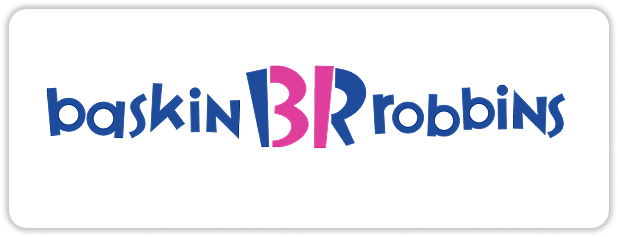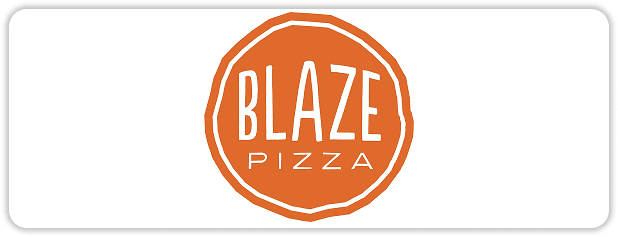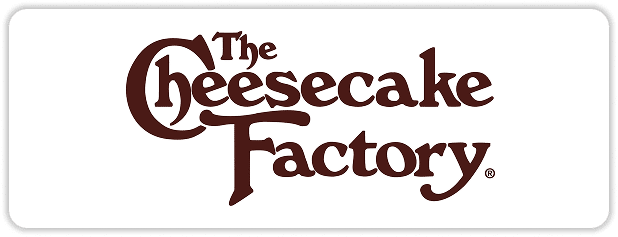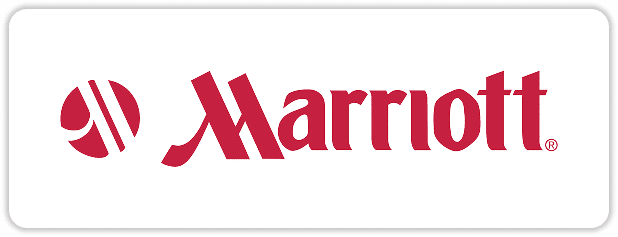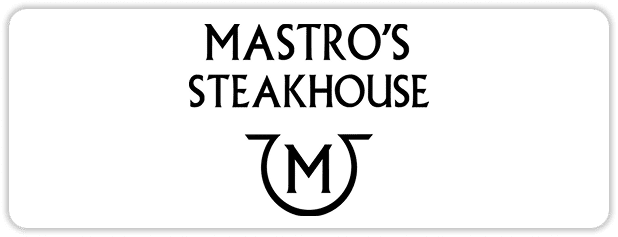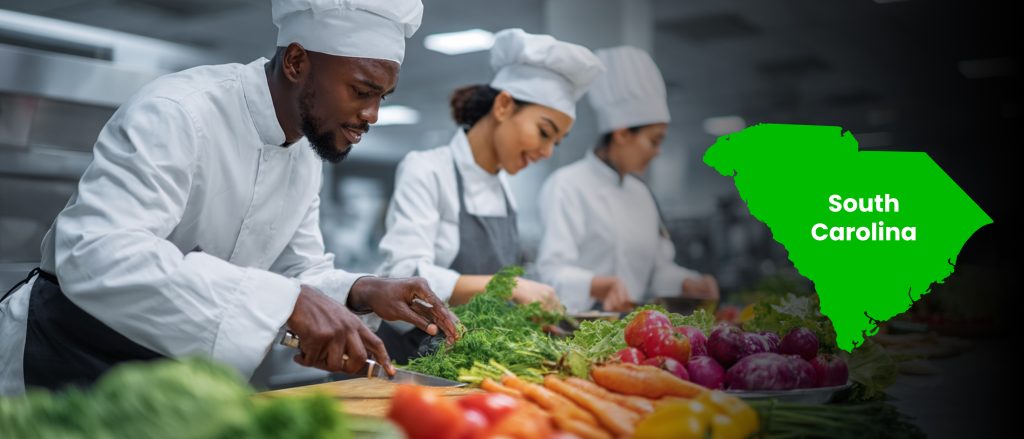
Navigating South Carolina Cottage Food Law: Food Safety Training Essentials
If you’re selling homemade food in South Carolina, you’re operating under what’s called the South Carolina cottage food law — also known as the Home-Based Food Production Law.
This law lets you sell certain foods made in your home kitchen, but it also comes with specific rules about what you can and can’t sell, how to label your products, and whether you need food safety training.
Let’s look at what the law allows, what it restricts, and how proper certification — such as a Food Protection Manager Certification — can help your business grow.
What Is the South Carolina Cottage Food Law?
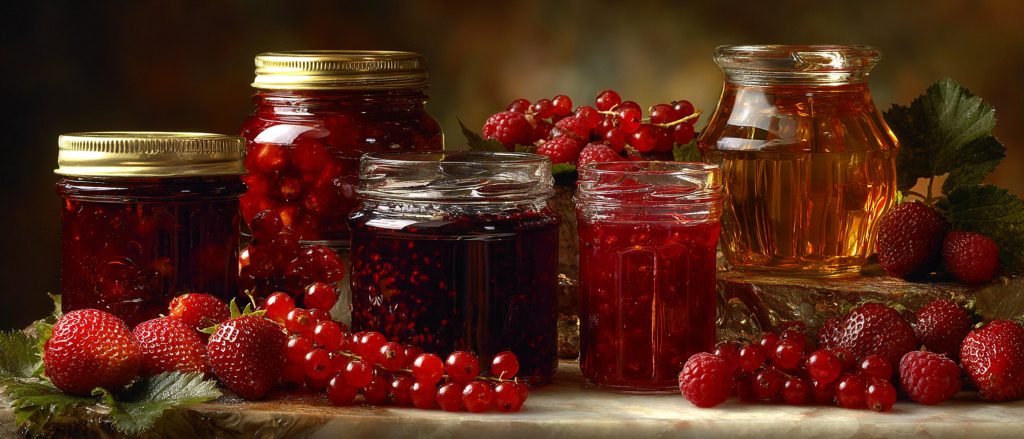
The SC cottage food law allows individuals to prepare and sell certain non-potentially hazardous foods from their home kitchens. These are foods that don’t require refrigeration or time and temperature control to stay safe.
You can sell these foods directly to customers or through retail stores, including grocery stores — as long as they’re properly packaged and labeled.
Approved foods include:
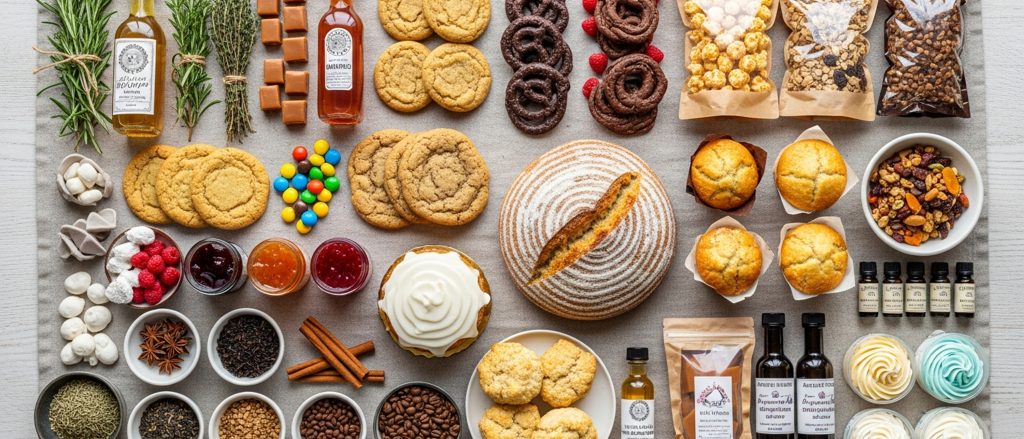
- Baked goods (cookies, breads, cakes, muffins, scones)
- Candies, caramels, and chocolate-coated treats
- Jams, jellies, and fruit preserves made from high-acid fruits
- Dried herbs, spices, teas, and coffees
- Popcorn, granola, snack mixes, and trail mixes
- Vinegar and extracts made from approved ingredients
- Shelf-stable frostings made with meringue powder or pasteurized eggs
These foods are considered low-risk because they don’t easily support bacterial growth.
Foods Not Allowed Under the SC Cottage Food Safety Guidelines
The South Carolina Department of Health and Environmental Control (DHEC) does not allow foods that need refrigeration, freezing, or hot holding for safety.
Examples of prohibited items include:
- Meat, poultry, or seafood products
- Salsas, pickled items, and fermented foods
- Cooked vegetables or low-acid canned foods
- Custards, cheesecakes, or cream pies
- Cream cheese frostings and whipped toppings
- Smoothies, kombucha, or other beverages requiring refrigeration
- Cut fruits and vegetables
If you want to make or sell these higher-risk foods, you’ll need a retail food license and must produce them in a commercial kitchen inspected by DHEC.
Do You Need Food Safety Training?
Under the South Carolina cottage food safety guidelines, food safety training is not required to sell approved homemade foods.
However, completing food safety certification voluntarily can set your business apart — and in some cases, it may even be necessary for certain markets or buyers.
Here’s why getting certified is a smart move for home-based food producers:
1. It builds customer trust
Customers want to know that the food they buy is safe. Completing a Certified Food Protection Manager (CFPM) course shows that you take hygiene and safety seriously, helping you stand out among other local sellers.
2. It opens more selling opportunities
While the law doesn’t require training, many farmers’ markets, retailers, and local events do. Having a nationally accredited food manager certification through ANSI National Accreditation Board (ANAB) can qualify you for these opportunities.
3. It helps with insurance and business credibility
Some insurance providers require proof of food safety training before issuing a policy, while others may offer better coverage or rates if you’ve completed an ANAB-accredited Food Protection Manager Certification.
Choosing the Right Food Safety Certification
When you’re ready to take the next step, make sure you look for programs accredited by the ANSI National Accreditation Board (ANAB) and the Conference for Food Protection (CFP).
These programs are recognized nationally and ensure that your training meets the highest standards for safe food handling.
A nationally accredited food manager certification through ANSI National Accreditation Board (ANAB) prepares you to:
- Understand time and temperature controls
- Prevent cross-contamination
- Manage allergens
- Maintain proper sanitation practices
- Follow regulatory guidelines
Completing a Food Protection Manager Certification through an ANSI National Accreditation Board (ANAB) Accredited program demonstrates your commitment to public health and professional excellence.

Labeling Requirements for Cottage Food in South Carolina
Every product you sell under the SC cottage food law must be labeled clearly and correctly.
Your label must include:
- Your name and home address, or your South Carolina Department of Agriculture (SCDA) ID number
- The name of the product
- A list of ingredients in descending order by weight
- An allergen statement for any major allergens (milk, eggs, nuts, wheat, etc.)
- The following statement, in bold capital letters:
Nutrition facts are not required unless you make a health or nutrient claim (like “low fat” or “high protein”).
The Bottom Line
The South Carolina cottage food safety guidelines allows you to sell non-refrigerated, shelf-stable foods like baked goods, jams, candies, and teas from your home kitchen.
While food safety training isn’t legally required, it can strengthen your business by improving customer confidence, opening new sales channels, and helping you meet marketplace or insurance requirements.
When choosing a training provider, always look for programs accredited by the ANSI National Accreditation Board (ANAB) and the Conference for Food Protection (CFP). Earning a nationally accredited food manager certification or Certified Food Protection Manager (CFPM) credential shows that you follow national food safety standards and are dedicated to producing safe, high-quality food.


